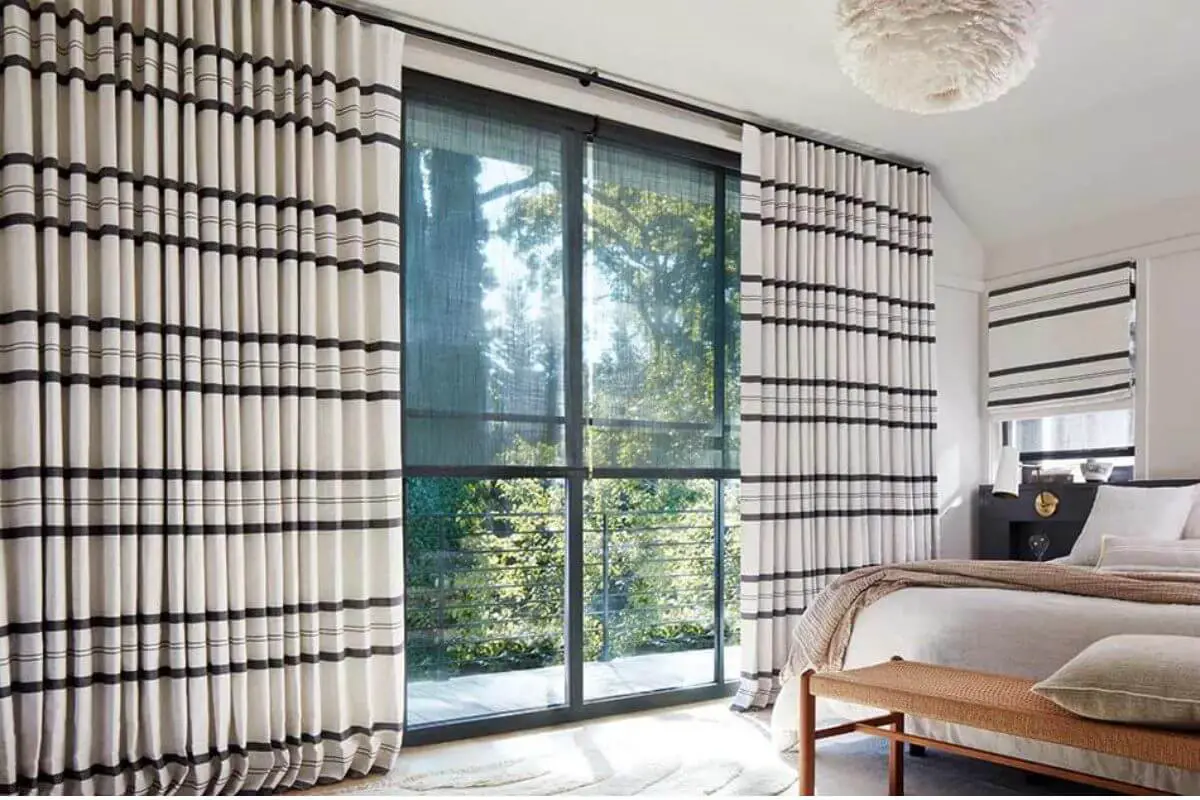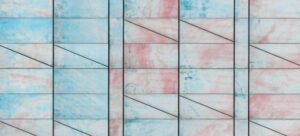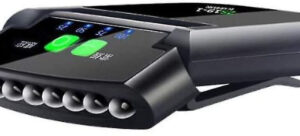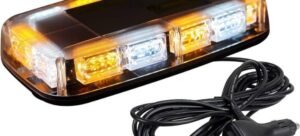When it comes to selecting the perfect window treatment for your home, the choices can be overwhelming. Among the many options available, light filtering and solar shades stand out as popular choices for homeowners seeking a balance between natural light and privacy. In this article, we’ll explore the differences between light filtering and solar shades to help you make an informed decision about which one best suits your needs.
Light Filtering Shades
Light filtering shades are designed to allow natural light to gently diffuse into your living spaces while maintaining a level of privacy. Here are some key features and benefits of light filtering shades:
1. Soft and Subtle Light
Light filtering shades are excellent for creating a soft and diffused ambiance in your rooms. They reduce harsh sunlight, preventing glare and UV rays from damaging your furniture and flooring.
2. Privacy
These shades offer privacy during the day, making it difficult for outsiders to see into your home while still allowing you to enjoy your view of the outdoors.
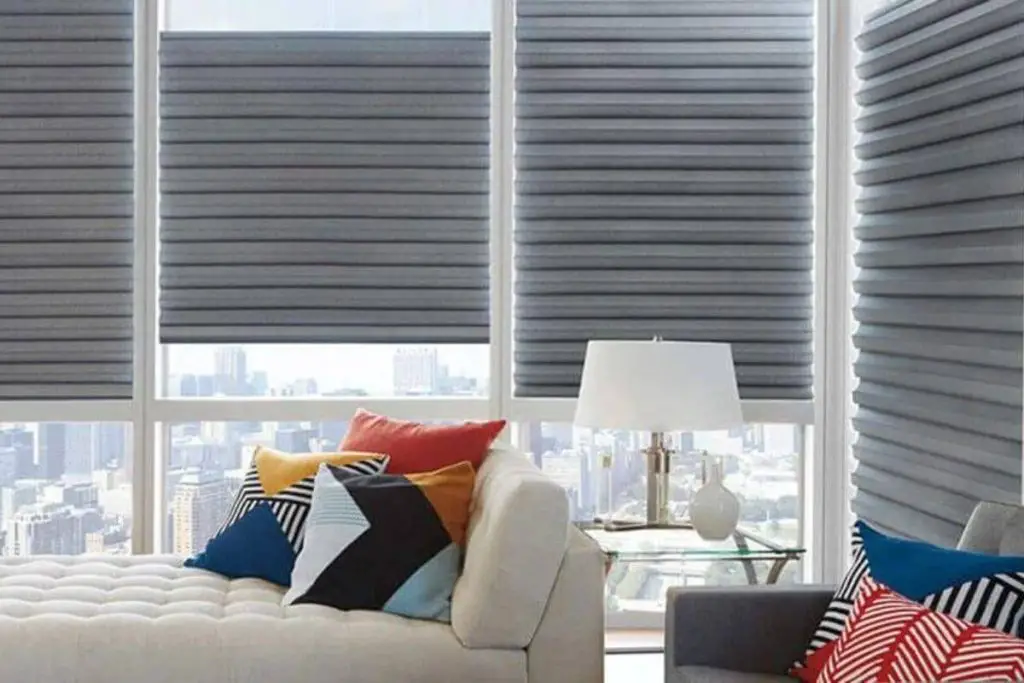
3. Energy Efficiency
By reducing the amount of direct sunlight that enters your home, light filtering shades can help regulate indoor temperatures and reduce cooling costs during the summer.
4. Aesthetically Pleasing
They come in a variety of fabrics, colors, and textures, allowing you to customize your window treatments to match your interior decor.
5. Daytime Use
Light filtering shades are ideal for living rooms, dining areas, and kitchens where you want to maintain a bright and welcoming atmosphere.
Solar Shades
Solar shades, also known as sunscreens or roller shades, are designed with a specific focus on blocking harmful UV rays and heat from the sun. Here’s what you need to know about solar shades:
1. UV Protection
Solar shades are highly effective at blocking UV rays, protecting your furniture, flooring, and artwork from sun damage and fading.
2. Glare Reduction
They are designed to significantly reduce glare on screens, making them an excellent choice for rooms with televisions or computer monitors.
3. Heat Reduction
Solar shades are highly efficient at blocking heat from the sun, helping to keep your home cooler and more comfortable in hot weather.
4. Daytime Privacy
Similar to light filtering shades, solar shades provide daytime privacy, allowing you to enjoy your view without sacrificing your personal space.
5. Outdoor Views
Solar shades are particularly suitable for rooms with beautiful outdoor views, as they preserve the outside scenery while providing protection.
Choosing the Right Shades for You
The choice between light filtering and solar shades ultimately depends on your specific needs and preferences. Here are some considerations to help you decide:
- Room Function: Consider the room’s primary function. Light filtering shades are great for creating a soft ambiance in living areas, while solar shades are ideal for rooms where UV protection and heat reduction are a priority.
- View: If you have a stunning outdoor view that you want to preserve, solar shades might be the better choice as they offer a clear view while providing protection.
- Privacy: Both options offer daytime privacy, but if you require nighttime privacy as well, you may want to consider additional window treatments like curtains or blinds.
- Energy Efficiency: If energy efficiency is a concern, solar shades are more effective at blocking heat and UV rays.
- Aesthetics: Consider the style and decor of your room. Light filtering shades offer more variety in terms of fabrics and textures, allowing for better customization.
In conclusion, whether you opt for light filtering or solar shades, both window treatments have their unique advantages. It’s essential to assess your specific needs and priorities to determine which one aligns best with your lifestyle and home design. Whichever option you choose, you’ll enhance both the aesthetic and functional aspects of your living spaces.
FAQs
1. Are light filtering shades suitable for bedrooms?
Yes, light filtering shades can be used in bedrooms. They provide privacy during the day while allowing soft, diffused light to enter, creating a serene and comfortable atmosphere.
2. Can I see through solar shades from the outside at night?
Solar shades do not provide nighttime privacy since they are designed for daytime use. At night, when indoor lights are on, people outside may be able to see inside.
3. Do solar shades block all UV rays?
While solar shades are highly effective at blocking a significant portion of UV rays, they may not eliminate them entirely. The level of UV protection can vary depending on the shade’s material and opacity.
4. Can I use light filtering and solar shades together?
Yes, combining both light filtering and solar shades can offer a versatile solution for your windows. You can install them on separate tracks or use them together on the same window for greater control over light and privacy.
5. Do light filtering shades provide heat reduction?
Light filtering shades offer some heat reduction by diffusing sunlight and preventing direct sunbeams from entering your room. However, for more effective heat reduction, solar shades are a better choice.
6. Are these shades easy to clean?
Both light filtering and solar shades are relatively easy to maintain. Regular dusting or light vacuuming can keep them clean. Some fabric options are also washable, making maintenance even more convenient.
7. Can I install these shades myself?
Many light filtering and solar shades are designed for easy DIY installation. However, if you’re unsure or have particularly large or complex windows, it’s advisable to seek professional installation for a perfect fit.
8. Are these shades energy-efficient?
Solar shades are more energy-efficient than light filtering shades due to their ability to block heat from the sun. If energy efficiency is a priority, consider solar shades, especially for south-facing windows.
9. What’s the typical lifespan of these shades?
The lifespan of both light filtering and solar shades can vary depending on the quality of the materials and how well they are maintained. On average, you can expect them to last anywhere from 5 to 10 years or more.
10. Can I motorize these shades for convenience?
Yes, both light filtering and solar shades can be motorized for added convenience. Motorization allows you to control them remotely, making it easy to adjust light and privacy levels with the touch of a button.
These FAQs should provide you with valuable information to help you make an informed decision when choosing between light filtering and solar shades for your windows. If you have more specific questions or require further assistance, consider consulting with a window treatment expert or retailer.
